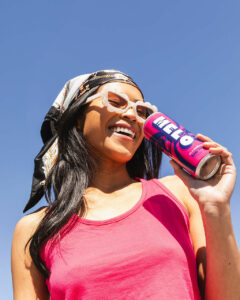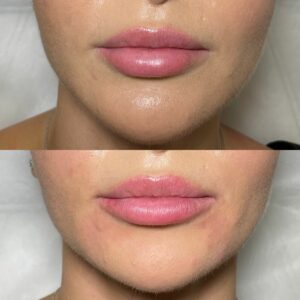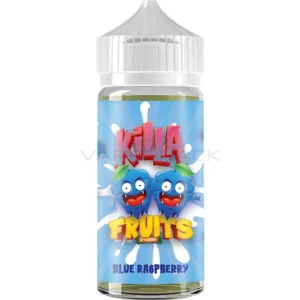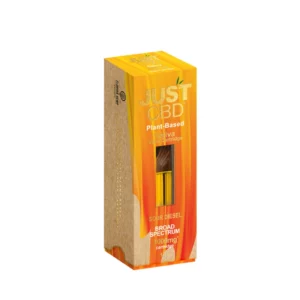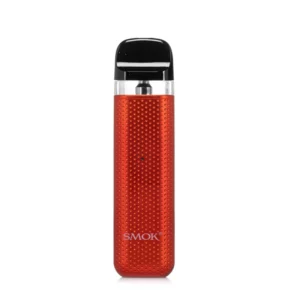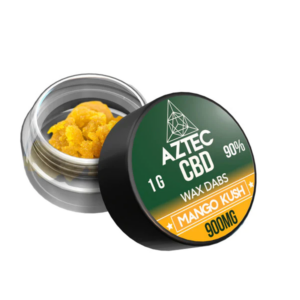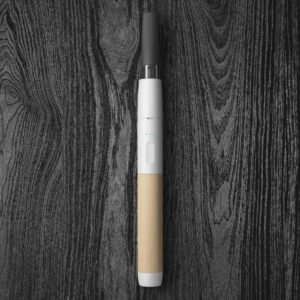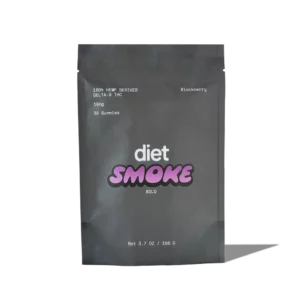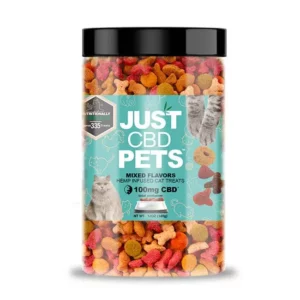CBD oil and tinctures are the same in administration methods and related health benefits. Still, they have minor differences, especially in the base carriers, longevity, and tastes.
CBD oils and CBD tinctures are more or less the same since they are all administered sublingually, i.e., below the tongue. Besides, early studies show that CBD may have some health benefits in any of its delivery methods, including tinctures and oils. CBD oils and tinctures may be good for pain, inflammation, stress, and cancer management, although more studies are needed to prove the claims true. Still, a few subtle differences between CBD oils and tinctures draw the lines. CBD oils have carrier oils like hemp seed or MCT coconut oils as the base carriers, while CBD tinctures are based on alcohol. Peer into this article to know whether CBD oils and tinctures are the same.
What Are CBD Oil and CBD Tinctures?
CBD has grown in the hype and is the talk of the town. From the old coffee shops to the internet adverts, CBD seems to be the order of the day. What, though, is CBD? According to Massi et al. (2006), it is a non-psychoactive chemical compound in hemp and other cannabis plants. The cannabis plants have many chemical substances, also called cannabinoids, more than 113 in space. They have various properties, with some like CBD being non-psychoactive and others like THC being popular for their psychoactive effects. CBD oils and CBD tinctures are useful delivery methods for CBD since the cannabinoid is not directly absorbed into the body.
CBD Oils and CBD Tinctures: Delivery Methods
The primary difference between CBD oils and tincture is the base carriers. Since CBD is not directly absorbed into the body, it comes in forms the body can benefit from, and how much CBD the body gains depends on the base carrier. CBD oils and CBD tinctures are varied in the base carrier. CBD oil is based on oils, including MCT coconut and hemp seed oils. CBD tinctures have alcohol as their base carriers. They are both liquid-based and are administered orally or sublingually.
CBD Oils and CBD Tinctures: The Tastes
We expect CBD oils and CBD tinctures to taste the same since they are from the same source, i.e., hemp plants. Therefore, CBD oils and tinctures should have an earthy or nutty taste. Still, there are minor differences in the taste, primarily because of the base carriers. CBD oils may have various intensities of nutty or earthy taste, depending on the oil. For instance, hemp seed carriers leave CBD oils tasting earthier, while olive oils leave the cannabinoid tasting nuttier. Meanwhile, CBD tinctures mostly taste bitter because of the alcohol base, although the intensity of the bitterness varies widely.
CBD Oils vs. CBD Tinctures: Longevity
Both are durable and can last long in their best forms, provided they are stored well. However, CBD tinctures generally last longer than CBD oils. The major reason for this is the alcohol base, which boosts the cannabinoid’s bioavailability and adds to the shelf life. You may want to opt for CBD tinctures for longevity, but if all you want is the earthy taste, CBD oils sound better for you.
How Are CBD Oils and CBD Tinctures Administered?
CBD Oils and CBD tinctures come in many ways. Still, the other similarity lies in the administration method, i.e., how they enter the body. You can administer CBD oils and tinctures orally as you would with syrups; this time around, you have to put the drops on the tongue. Still, you can opt to go the most effective route, i.e., sublingual administration of the cannabinoid. In this case, CBD oils and tinctures are placed below the tongue, and 30- 60 seconds are allowed to elapse before the drops are swallowed. Allowing time to pass ensures that more CBD ends up in the bloodstream, ensuring faster absorption and action of the cannabinoid.
CBD Oils and CBD Tinctures for Bioavailability and Longevity of Effects
The other way through which CBD oils and CBD tinctures compare is bioavailability. It refers to how fast a substance (CBD) gets to the bloodstream and how long the effects take to manifest. Provided you administer the cannabinoids similarly, i.e., sublingually or orally, you can expect CBD oils and tinctures to have almost the same bioavailability indices and action times. With sublingual administration, CBD in oils and tinctures only takes a short time to reach the bloodstream. The same is true of the effects; you will wait for a short time for the effects to surface, clearly showing that CBD oils and tinctures have the same bioavailability rates and action times.
CBD Oils and CBD Tinctures: Effects
CBD oils and CBD tinctures have the same effects, especially because studies show that the cannabinoid has therapeutic effects (Watt & Karl, 2017), regardless of the form in which it is delivered to the body. Vučković et al. (2018) reported that CBD might help with chronic pains, including cancer, fibromyalgia, and neuropathic pains. Thanabalasingam et al. (2021) noted that taking CBD in whichever form may help manage Parkinson’s disease, while Jadoon et al. (2017) found CBD great for heart health, especially because it seems to slow blood pressure. Still, more studies are needed to prove these claims true before recommending CBD oils and tinctures for anything.
Conclusion
CBD oils and tinctures are CBD delivery methods with minor differences. Although both are orally or sublingually administered, they have different bases, i.e., alcohol base for CBD tinctures while carrier oils for CBD oils. Because of the differences in bases, CBD oils and tinctures may have different tastes and shelf lives. Still, they have more or less the same health benefits since studies show that they may help with pain, inflammation, and heart health.
References
Massi, P., Vaccani, A., Bianchessi, S., Costa, B., Macchi, P., & Parolaro, D. (2006). The non-psychoactive cannabidiol triggers caspase activation and oxidative stress in human glioma cells. Cellular and Molecular Life Sciences CMLS, 63(17), 2057-2066.
Jadoon, K. A., Tan, G. D., & O’Sullivan, S. E. (2017). A single dose of cannabidiol reduces blood pressure in healthy volunteers in a randomized crossover study. JCI insight, 2(12), e93760.
Thanabalasingam, S. J., Ranjith, B., Jackson, R., & Wijeratne, D. T. (2021). Cannabis and its derivatives for motor symptoms in Parkinson’s disease: a systematic review and meta-analysis. Therapeutic advances in neurological disorders, 14, 17562864211018561.
Watt, G., & Karl, T. (2017). In vivo evidence for therapeutic properties of cannabidiol (CBD) for Alzheimer’s disease. Frontiers in pharmacology, 8, 20.
Vučković, S., Srebro, D., Vujović, K. S., Vučetić, Č., & Prostran, M. (2018). Cannabinoids and pain: new insights from old molecules. Frontiers in pharmacology, 1259.
Crystal is a qualified doctor and a sex and relationships adviser at Dimepiece LA. In her spare time, she enjoys nature and is a budding tennis enthusiast. Crystal is involved with several governmental and educational initiatives aimed at increasing awareness about sexual health and making free advice more accessible to everyone.
[email protected]
- CBD Oil Pets BY Just CBD-Furry Friends Rejoice: A Tail-Wagging Review of Just CBD’s Pet Products - October 5, 2023
- CBD Oil Can Help Treat Wintertime Seasonal Affective Disorder - February 9, 2023
- Full spectrum CBD+THC gummies - October 23, 2022






